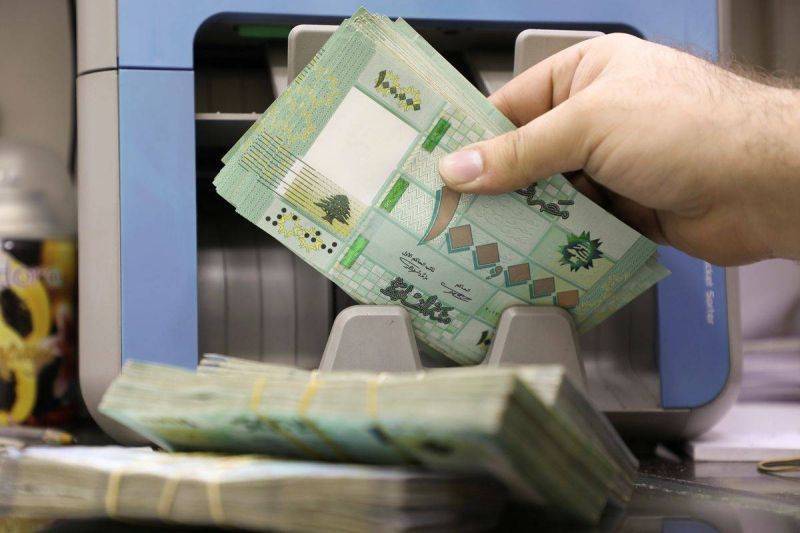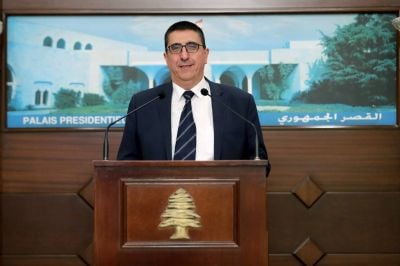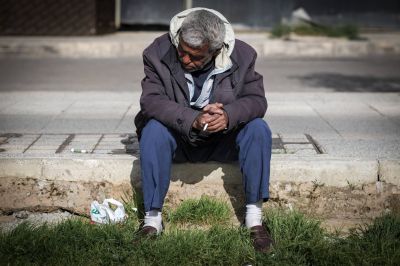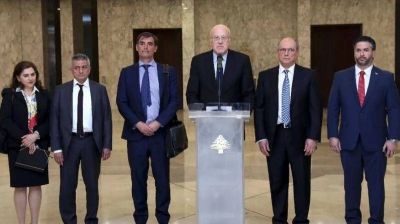
A man counts Lebanese lira banknotes at a currency exchange shop in Beirut, Lebanon, Jan. 5, 2022. (Credit: Mohamed Azakir/Reuters)
BEIRUT — The World Bank on Thursday approved $300 million in additional funding for Lebanon that aims at “expanding the provision of cash transfers to poor and vulnerable Lebanese households and further support the development of a unified social safety net," it said in a statement.
The assistance comes as part of the Emergency Crisis and COVID-19 Response Social Safety Net Project (ESSN). The new financing will be allocated "to allow a better response to ongoing and future shocks," the World Bank said.
Second additional financing
The new $300 million aid package is the second additional financing to go toward the ESSN project (US$246 million), originally approved in January 2021 “to help Lebanon address the impact of the economic crisis and the COVID-19 pandemic."
Lebanon is almost four years into an economic and financial crisis that is “among the worst the world has seen,” the statement said. The World Bank said in a previous report that the crisis in Lebanon is among the world’s worst since the 1850s.
The ESSN project — also known as AMAN — has so far facilitated cash transfers to approximately 82,000 households meeting extreme poverty and social vulnerability criteria, according to the World Bank.
The project eventually aims to reach 160,000 households for 24 months.
This includes the current ESSN beneficiary households in addition to new households who meet certain poverty and vulnerability criteria.
“Eligible households will receive monthly a $25 flat amount, in addition to $20 per household member (up to six members), i.e., a maximum monthly amount of US$145 per household,” the Thursday statement said.
The project is jointly implemented by Lebanon's Social Affairs Ministry and the Central Management Unit at the Cabinet Presidency.
Support to education
“The additional financing will also expand the provision of education cash top-up transfers to a total of 92,000 students in beneficiary households" to cover education costs such as tuition fees and school supplies, the World Bank said Thursday.
“Eligible students will receive between $285 to $425 per scholastic year depending on school grade and education stream to be paid directly to the beneficiary household.”
The attendance and the academic performance of eligible children will be monitored and reported by the Education and Higher Education Ministry.
“The ESSN additional financing will also support increased access to quality social services provided by the Social Development Centers of the Social Affairs Ministry for 400,000 individuals and will provide capacity building activities to the social workers at the ministry and centers to enable them to better carry out their functions,” the statement added.
Lebanon’s economy entered freefall in 2019, with the lira eventually losing more than 98 percent of its value and essentially liquidating thousands of citizens’ life savings. Much of the country was plunged below the poverty line.


